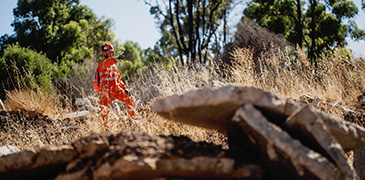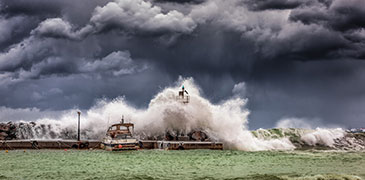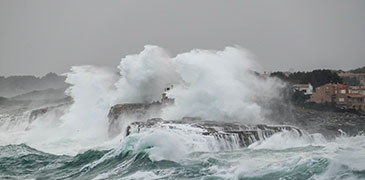If you need to relocate your pets, consider what they might need and where they might go. You may need to take them to relatives, friends, animal boarding facilities or to a temporary animal shelter or evacuation centre which accepts animals.
When relocating your pets make sure you supply:
- Sufficient non-perishable pet food for several days and feed/water bowls
- A leash, possibly a muzzle or a carry-cage, bag, or box
- Toilet litter or old newspapers
- Paper towels and disinfectant
- Bedding- blankets, towels etc.
- Comfort items- toys, treats
- Essential medications (with instructions), medical history, and vet contact details
- Allow for the special needs of some animals
- Photo of you and your pet, contact details, etc.
Regularly check your supplies are not out of date. Water should be replaced every six months.
Find out more about caring for pets in a natural disaster here.
If you don't have a pre-arranged evacuation site for your animals, head to your local council evacuation location and request further information when you get there.
















